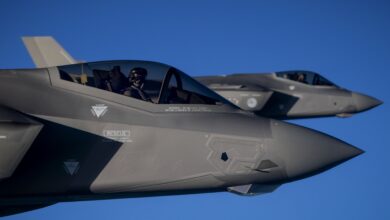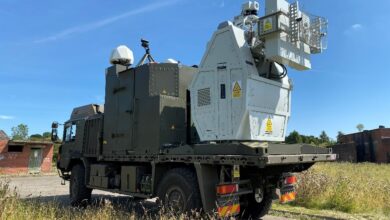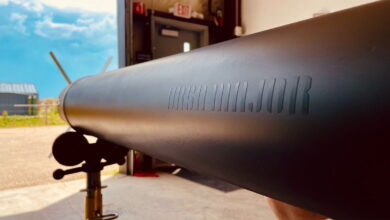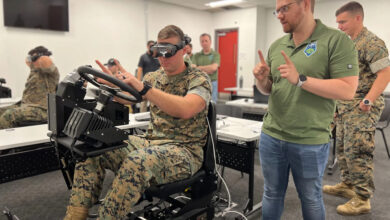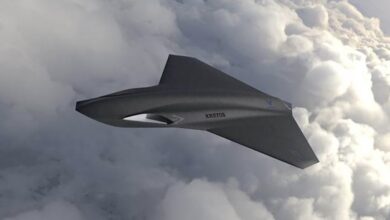AFRL Tests Smartwatch for US Military Physical Fitness Assessments
The US Air Force Research Laboratory (AFRL) has partnered with tech company Garmin to study the application of smartwatches in supporting annual physical fitness assessments for warfighters.
The program’s success will be the basis of deploying the devices across US Department of Defense segments to track soldier health readiness.
Garmin’s device could also address health support requirements other than physical tests, including the risk of musculoskeletal injury.
‘Reliable Snapshot’
For the initiative, the Kansas firm now provides Instinct 2 Solar (rugged) and Forerunner 55 (running) smartwatches to US Space Force Guardians.
Both devices feature high-quality biometric data, long battery life, and the ability to turn off GPS functionality.
“Garmin is gratified to be part of this exciting research effort that will help ensure Space Force Guardians are physically prepared to perform their duties,” Garmin Health Engineering Senior Director Scott Burgett stated.
“The accurate health metrics and exceptional battery life of our smartwatches will provide a reliable snapshot of a Guardian’s physical readiness, potentially saving the US Military time and money.”

Each watch uses software compliant with US federal privacy and cybersecurity standards.
“We were pleased that the Garmin wearable ecosystem went through a rigorous US Air Force cybersecurity and privacy review,” Burgett said.
“The US military has high security standards, and our system is designed end-to-end to protect sensitive user data.”
Consistent Fitness Expected
Over two-thirds of the approximately 8,400 US Space Force Guardian personnel have signed up for the project since May.
More than 6,400 Garmin smartwatches have been issued to active members who agreed to log onto AFRL’s workout and monthly survey metrics.
A second enrollment is scheduled to commence in October.
“By tracking two basic metrics—cardiorespiratory fitness and physical activity—we can quickly verify that a Guardian has met their physical requirements and is ready for duty,” AFRL 711th Human Performance Wing Lead Dr. James Christensen explained.
“We hope that continuous fitness assessment, implemented via wearable technology, will promote a higher, more consistent level of fitness across the force with expected outcomes like reduced injury and stress, improved resilience and higher overall operational performance.”



